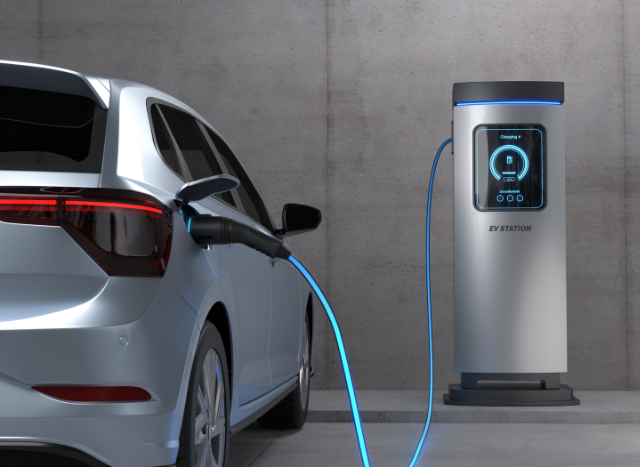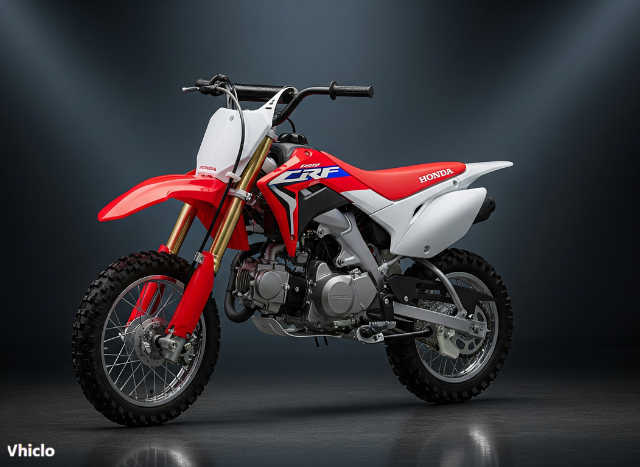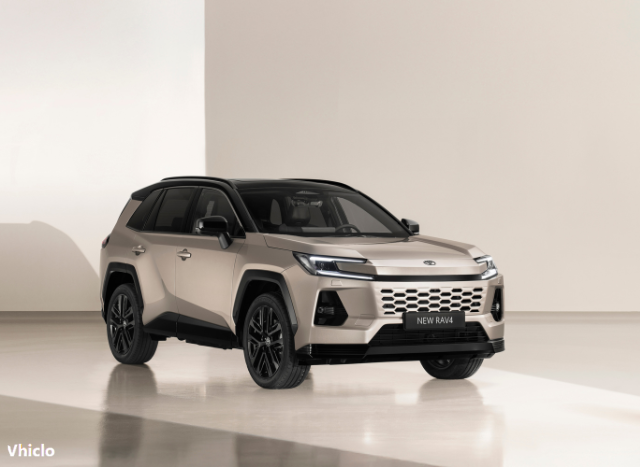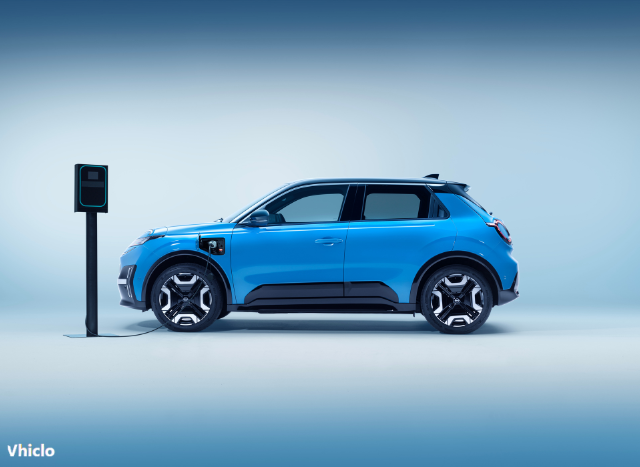Slowing EV demand and tariff threats prompt Toyota to reconsider battery production timeline in Japan. Toyota is postponing plans to break ground on a new EV battery plant in Japan as it rethinks its electric vehicle (EV) strategy in response to slower-than-expected global adoption and changing trade conditions.
Contents
Why Toyota Is Reassessing Its Battery Factory Plans
The proposed battery plant, set to be built in Fukuoka Prefecture, was intended to support Toyota’s next-generation EVs with longer range and advanced battery tech. However, sluggish sales—just 18,000 units of the BZ4X sold in 2024—have caused the automaker to reevaluate timelines and investments.
Key Highlights:
- Planned Japanese Battery Plant Delayed: Construction will not begin as originally scheduled.
- Location Still Undecided: A final site in Fukuoka was expected to be confirmed soon, but that’s now uncertain.
- Target Launch Year Remains 2028, though the delay could make that deadline challenging.
Toyota’s Broader EV Plans: Scaled Back Targets
In 2023, Toyota aimed to produce 1.5 million EVs annually by 2026, but in 2024, that forecast was nearly cut in half to 800,000 units. While the company is still committed to expanding its EV lineup, the urgency appears to have cooled.
The Fukuoka plant was set to supply batteries and components for upcoming EVs with a target range of up to 600 miles, but those models now seem further off.
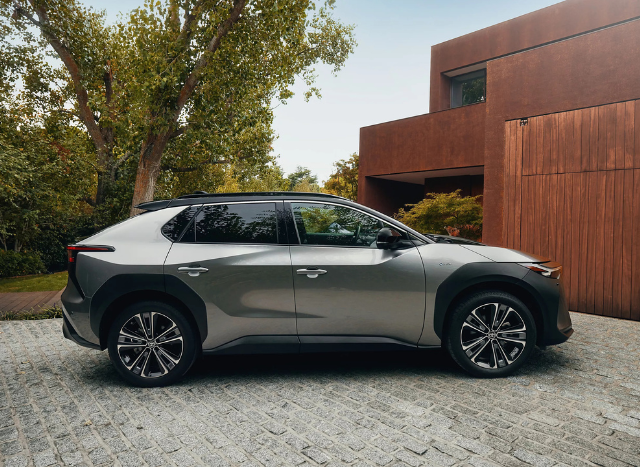
U.S. Expansion Still Moving Forward
Despite delays in Japan, Toyota’s $14 billion investment in Toyota Battery Manufacturing North Carolina remains on track. The facility is expected to begin producing hybrid batteries and electrical components later this year.
Additionally, Toyota is investing heavily in U.S. EV manufacturing:
| Location | Investment | Planned Product |
|---|---|---|
| Kentucky | $1.3 billion | 3-row electric SUV (2025) |
| Indiana | $1.4 billion | 3-row electric SUV (2025) |
These vehicles may still use an enhanced version of the e-TNGA platform found in the BZ4X, though improvements in range and charging speed are expected.
U.S. Tariffs Could Further Influence Toyota’s Strategy
Another factor weighing on Toyota’s decision-making is the incoming 20% U.S. tariff on imported vehicles and auto parts, announced by the Trump administration and set to take effect April 2. These new tariffs could accelerate Toyota’s shift toward localizing production in the U.S., following a path similar to rival Honda.
There’s also speculation that Honda may source batteries from Toyota’s North Carolina plant to help offset the tariff impact on its hybrid models.
Automotive industry expert and editor of Vhiclo, specializing in car news, EV technology, and in-depth vehicle analysis. With years of experience in the field, Koutaibah provides trusted insights for enthusiasts and professionals alike.

